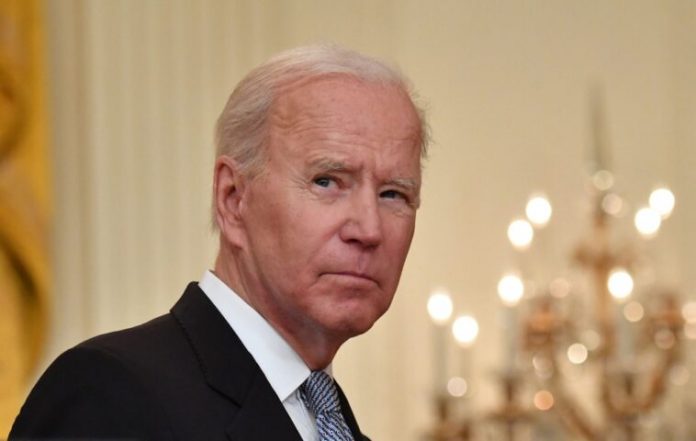On Tuesday, a lawsuit was filed by the Pacific Legal Foundation, an activist group that supports libertarian and conservative issues.
In its complaint, the PLF argued that Congress should be the branch that makes laws if there is to be a significant change to the student loan debt program and that the change in policy was made with breathtaking informality and opacity, which is improper for such a large regulatory change. The PLF called the plan flagrantly illegal.
The cancellation of student loans has been hotly debated in America for at least ten years. Some contend that in order to balance the spiraling tuition expenses and the ensuing debt that many students acquire in order to attend college, the government should offer assistance to students. Others argue that student debt relief is unfairly regressive since it cancels student loans that were voluntarily taken with taxes collected from those who, for the most part, did not attend college, attended but did not incur debt, or attended but paid it off.
Congress has authorized a number of programs to help students with their debt, including the Public Service Loan Forgiveness program, which allows students who choose to work in relatively lower-paying public service or non-profit organization positions after graduation and adhere to the program’s guidelines for a set amount of time to have some of their debt forgiven. Congress has chosen not to pass a more comprehensive debt cancellation, either due to the expense of doing so, its possible effects on the economy, or the debate’s inherent polarization. Of course, as Congress is the only branch of government with the only authority to enact laws, this is within Congress’s purview under our Constitution.
The President announced in August that his administration would start categorically canceling between $10,000 and $20,000 of loan debts for more than 40 million borrowers by October, without regard to hardship or Congressionally authorized program rules, in an effort to fill the void left by Congress and fulfill a campaign promise. According to the government, a 2003 statute created in reaction to the Iraq war as a way of helping veterans and their families serves as the foundation for this $500 billion write-off.
This regulatory action was performed with astounding informality and secrecy despite its enormous extent. The Department did not engage in the necessary notice-and-comment procedure for regulation, much less ask for feedback from the public. Even without issuing a written order or directive outlining its cancellation policy, it did nothing. Instead, it quickly put together a FAQ section on its website and published a press statement on August 12th along with two legal memos outlining its arguments.








